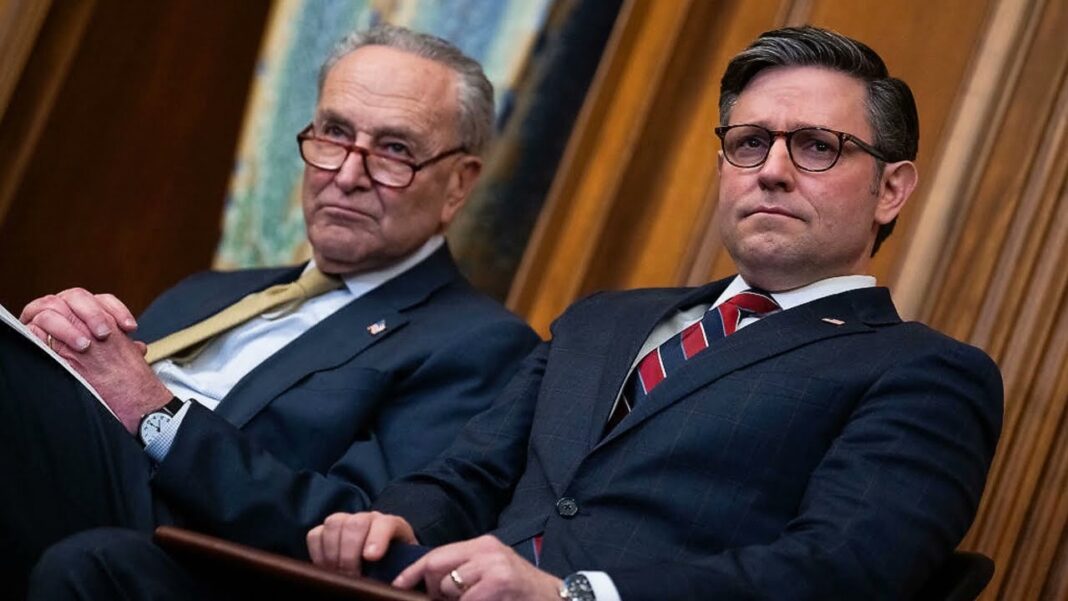SUMMARY
Despite multiple rounds of negotiations, the World Health Organization’s latest pandemic-treaty draft maintains provisions that should lead the Biden Administration to oppose adoption at the May 2024 World Health Assembly. It is incumbent upon the Biden Administration to demand substantial changes to narrow the agreement and excise or modify its many remaining harmful provisions before proposing to impose it on the American people. The current proposal is a treaty requiring Senate advice and consent as it would involve commitments affecting the nation, require implementing legislation by Congress, be permanent, and be consistent with past practice. The Senate should reject the draft if President Biden submits it without addressing its many serious flaws.
KEY TAKEAWAYS
- Even after repeated drafts to address comments and criticism, the World Health Organization’s (WHO’s) pandemic treaty remains fatally flawed.
- The treaty does not focus on shortcomings revealed by COVID-19, such as China’s refusal to allow inspection teams timely entry to its lab in Wuhan.
- Rather than address the failures exposed during COVID-19, the treaty pushes technology transfers, overrides property rights, and grants China special benefits.
he COVID-19 pandemic exposed the inability of the current international health architecture, led by the World Health Organization (WHO), to detect and help nations to coordinate a response to such threats. In December 2021, the World Health Assembly (WHA) established an intergovernmental negotiating body (INB)1
World Health Organization, “Intergovernmental Negotiating Body,” https://inb.who.int/ (accessed January 24, 2024). to draft a “convention, agreement or other international instrument under the Constitution of the World Health Organization to strengthen pandemic prevention, preparedness and response.”2
News release, “World Health Assembly Agrees to Launch Process to Develop Historic Global Accord on Pandemic Prevention, Preparedness and Response,” World Health Organization, December 1, 2021, https://www.who.int/news/item/01-12-2021-world-health-assembly-agrees-to-launch-process-to-develop-historic-global-accord-on-pandemic-prevention-preparedness-and-response (accessed January 24, 2024).
After many meetings and several drafts, the INB released its proposed negotiating text for the pandemic agreement that will serve as the basis for governments’ debates and amendments before the expected adoption at the May 2024 session of the WHA.3
Intergovernmental Negotiating Body, “Proposal for Negotiating Text of the WHO Pandemic Agreement,” World Health Organization, A/INB/7/3, Article 26, October 30, 2023, p. 27, https://apps.who.int/gb/inb/pdf_files/inb7/A_INB7_3-en.pdf (accessed January 24, 2024). Yet, the draft treaty does little to address the shortcomings of the current international processes in responding to pandemics, largely guided by the International Health Regulations (IHR), revealed by the COVID-19 pandemic.4
There is a parallel process that considers amendments to the International Health Regulations in the Working Group on Amendments to the International Health Regulations (2005) (WGIHR). Arguably, this effort should be the focus of member states post-COVID-19 rather than the WHO Pandemic Agreement. World Health Organization, “Review Committee Regarding Amendments to the International Health Regulations (2005),” https://www.who.int/teams/ihr/ihr-review-committees/review-committee-regarding-amendments-to-the-international-health-regulations-(2005) (accessed January 24, 2024).
Specifically, the draft pandemic agreement fails to specify obligations by governments to grant immediate access to international expert teams to assess the threat of a pandemic, to provide full and timely disclosure of genomic data, and clarify steps, such as trade and travel restrictions, that governments can reasonably take in response to a pandemic. Instead, the bulk of the draft focuses on mandating resource transfers, weakening intellectual property rights, mandating technology sharing, pushing for redistribution of manufacturing and production, and empowering the WHO. The draft does not merit U.S. support in the upcoming WHA due to its failure to address the lessons of the COVID-19 pandemic. Should the Biden Administration sign the treaty, the Senate should withhold its advice and consent necessary for ratification.
By Brett Schaefer and Steven Groves
Read Full Report on Heritage.org







